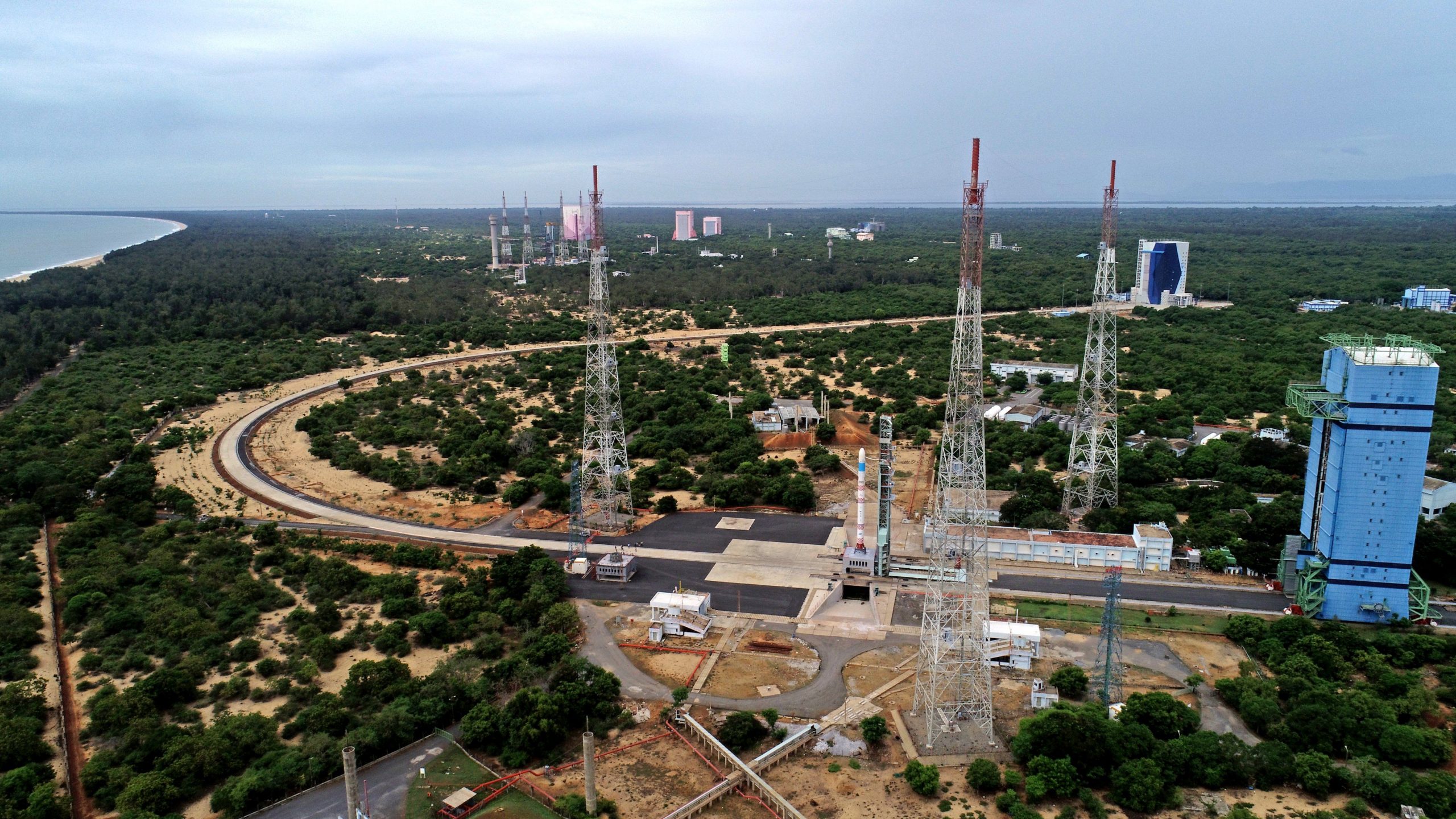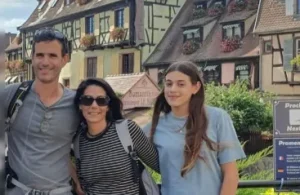The Indian Space Research Organisation (ISRO)
rocket that launched Sunday to place two satellites in space ended up placing
the satellites in an unstable orbit, the space agency said. The overall mission
objectives were therefore not met. Earlier in the day, ISRO said the launch had
run into trouble in the final stages on account of data loss.
“All the stages performed normal. Both the
satellites were injected. But the orbit achieved was less than expected, which
makes it unstable,” ISRO said.
The rocket launched Sunday carried a Small
Satellite Delivery Vehicle (SSLV) with two satellites on board – an earth
observation satellite (EOS – 02) and AzadiSAT, a satellite developed by girl
students under the Space Kidz programme.
Also Read | How are satellites launched in space?
The EOS or earth observation satellite is meant for
observe the earth from an orbit. Such satellites are also called earth remote
sensing satellites and find use by the military as well as in environmental,
cartographic and meteorological purposes.
AzadiSAT, the satellite travelling along with EOS –
02, has been designed by 750 girl students. The satellite carries 75 payloads
and was launched as part of the celebrations of the 75th year of
India’s Independence from British rule.
Also Read | What is Space Kidz India?
The SSLV carrying the two satellites was 34 metres
tall, about 10 metres less than the PSLV. It has a vehicle diameter of two
metres as compared to 2.8 metres of PSLV.
Sunday’s launch was ISRO’s first SSLV launch after
successful mission launches through its trusted Polar Satellite Launch Vehicles
(PSLV), Geosynchronous Launch Vehicle (GSLV).
Also Read | What are Earth Observation Satellites?
Dr Madhavan Nair, former chairman of ISRO, told
NDTV that the space agency should be credited for coming out with a rocket in a
short span. “This is a small rocket launcher conceived and implemented within a
short span of time. The cost optimisation, the weight optimisation, and getting
it into commercial market – all these aspects were considered within such a
short time. This is a remarkable achievement.”







